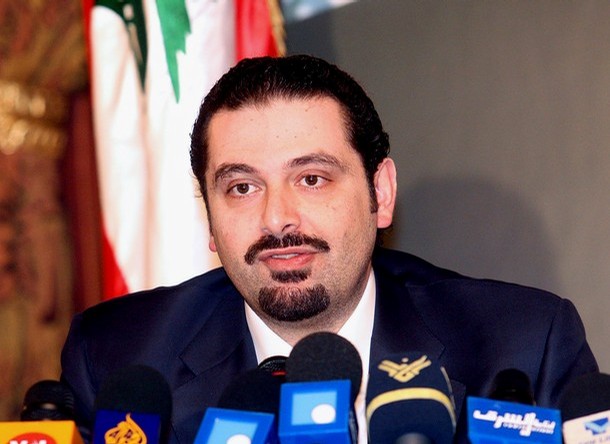Hariri, Sunni leaders warn of Syrian comeback
 Beirut - Saad Hariri, the Sunni leader of Lebanon's western- backed ruling majority accused Syria on Saturday of meddling in Lebanese political affairs and exporting terrorism into the country, local media have reported.
Beirut - Saad Hariri, the Sunni leader of Lebanon's western- backed ruling majority accused Syria on Saturday of meddling in Lebanese political affairs and exporting terrorism into the country, local media have reported.
In a clear reference to remarks made by Syrian President Bashar al-Assad about Lebanon's instability, Hariri said that the side that "exports terror to north Lebanon has no right to fear the spread of fundamentalism in Lebanon."
"Lebanon faces a variety of threats. We have lately heard someone saying the situation in Lebanon remains fragile and no settlement is available for Lebanon before solving the crisis of fundamentalism," Hariri said.
He urged the Lebanese people, the Arab League and the international community to guard against attempts by Syria to make a comeback in Lebanon.
Syrian troops occupied Lebanon for three decades, until 2005 when they were forced by international pressure to withdraw following the assassination of former prime minister Rafik Hariri, Saad Hariri's father. Syria however continues to wield influence through its allies in Beirut.
The Hariri family and their allies have long accused Syria of plotting Hariri's murder along with their Lebanese allies, a charge Syria has denied.
Saad Hariri, who arrived in the northern port city of Tripoli earlier on Saturday, held talks with leaders of northern Lebanon aimed at launching development projects and bringing stability.
Hariri is to meet representatives of Tripoli and the provinces of Dinniyeh, Minyeh and Akkar in an effort to tackle challenges facing north Lebanon.
The Lebanese people, Hariri said, "realize who exported Fatah al-Islam to Nahr al-Bared and north Lebanon and know very well who organizes and finances terrorist activities."
"Lebanon is a sovereign and independent Arab state and no one has the right to treat Lebanon as a non mature state," Hariri said.
The Nahr al-Bared Palestinian refugee camp north of Tripoli was the scene of a deadly 15-week battle last year between the army and Fatah al-Islam, which adopted an ideology inspired by the al-Qaeda terrorist network.
At least 23 people have been killed since violence erupted in May in Tripoli between backers of the Lebanese opposition led by the Shiite movement Hezbollah and Sunni supporters of the anti-Syrian majority.
Meanwhile, two of Hariri's closet allies, Druze leader Walid Jumblatt and Christian leader Samir Geagea, expressed the same worries.
Jumblatt warned that breaking out of a Sunni-Shiite conflict would provide the Syrian regime a "pretext to intervene in Lebanon."
Geagea on his part, called on his supporters on Saturday to "be ready at all times" because the Lebanese government "is not yet stable."
He also rejected comments by Assad on Lebanon and said: "His (Assad's) comments indicate that his stand on Lebanon has not changed."
"Assad cannot interfere in Lebanon's affairs anymore," Geagea reiterated.
The anti-Syrian ruling majority have expressed concerns that Damascus through its allies in the Hezbollah-led opposition, is meddling in the Lebanese political arena and fomenting instability. (dpa)